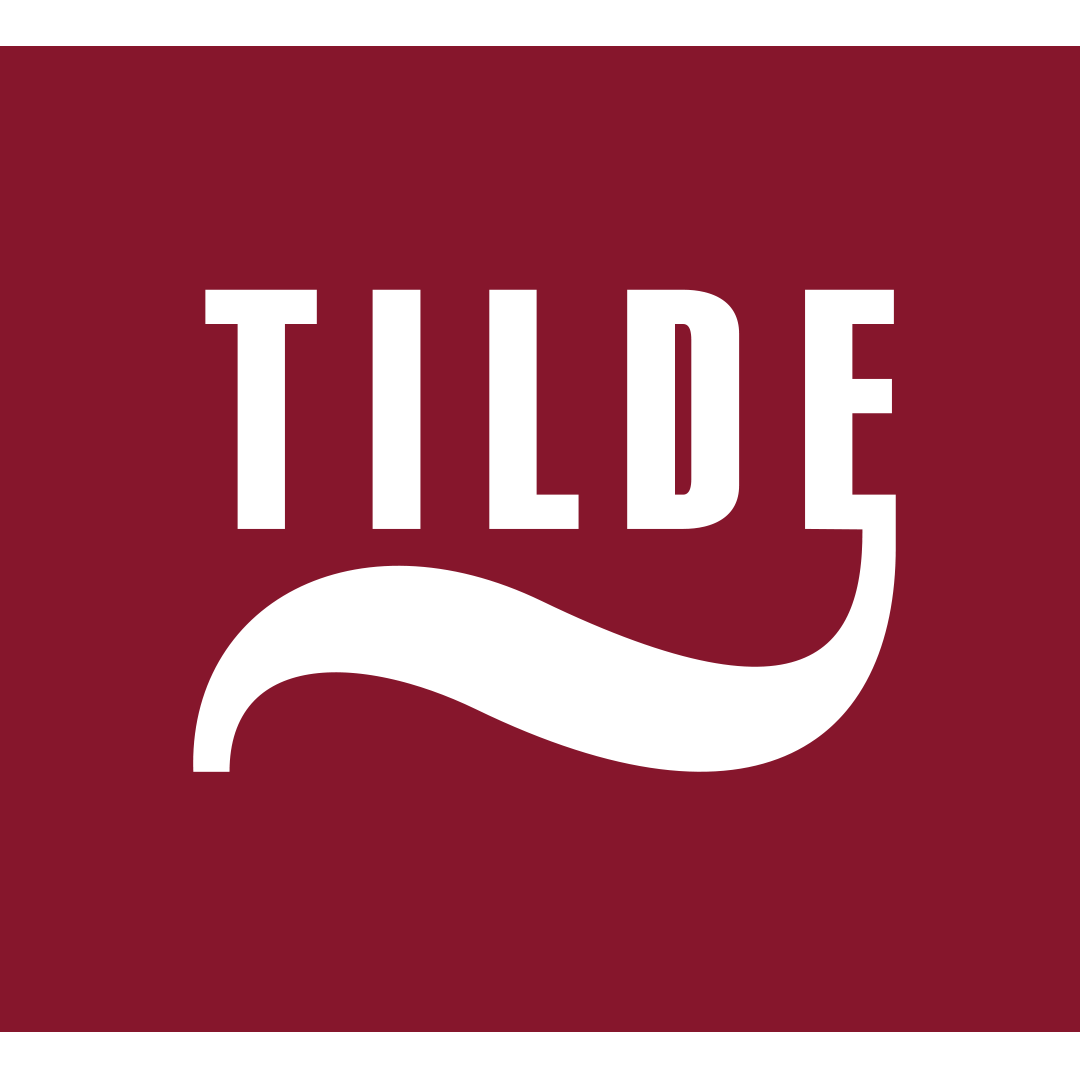Artificial Intelligence Solutions for Business Improvement: What Deserves Your Attention in 2021
Team Tilde January 11, 2021
A reality that resembles a movie scenario is becoming our everyday life. Chatbots for customer service and consulting, voice recognition, and video and audio search technologies are some of the smart solutions that businesses rely on to improve their work processes. Managing director of Tilde IT, Renata Špukienė, speaks of artificial intelligence solutions that deserve our attention in 2021.
Language Technology Adapts to the Needs of Every Business
Nine years ago, the iPhone 4S, which was Apple’s latest smartphone at the time, introduced users to a virtual voice assistant Siri. This was a major event in the world of technology, as it reminded many of science fiction movies where the characters turn on lights, switch TV channels or drive cars with voice commands.
Since then, voice control solutions have been further developed and integrated into TVs, smartphones, and other devices. Many businesses incorporate different voice technology application scenarios into their product and service development strategies. Tilde IT managing director, Renata Špukienė, lists successful examples of Baltic businesses.

“Media monitoring and market research company TNS, which analyses media content in Lithuania and in Latvia, uses the speech recognition technology developed by Tilde. Tilde’s technologies will soon help the employees of the Office of the Government of Lithuania to prepare the necessary documents or reports from the video or audio material of different meetings and discussions. I should mention that Tilde’s speech recognition solutions are used to register court proceedings in Estonia, while in Latvia the customers of Latvenergo can dictate their meter readings to Tilde’s speech recognition system,”
Renata Špukienė,
Tilde IT managing director
Higher Quality and New Capabilities of Speech Synthesizers
Speech technology is nothing new; and yet, global technology groups focus on major markets, which is why Siri, Amazon Alexa, Google Assistant, and other voice control solutions are available in English, Russian, German, and other widely-spoken languages.
R. Špukienė says that information technology giants do not provide these capabilities in languages of smaller communities. But after years of persistent work by Tilde researchers and programmers, language technologies are also available in rich Baltic languages with intricate morphology.
“This is a major leap for artificial intelligence with regard to lesser-used and complex languages. This technology certainly has wide application opportunities in business: it is now possible to make automatic calls, use voice assistants in business webpages, and playback messages in public spaces, such as stations, bus stops, and other places in your native language,”
Renata Špukienė,
Tilde IT managing director
Chatbots: the Future of Customer Service
“In this era of customer service, everyone wants quick and easy answers to their questions. In recent years, chatbots that meet and speak to users on the main pages of websites have become common practice. But artificial intelligence technologies have advanced even further—at times, users might not even realize that they are talking to a bot.”
Renata Špukienė,
Tilde IT managing director
Chatbots can now make customer service easier by answering up to 80% of questions and helping to save up to 30% of customer service costs. Virtual workers can also help in sales and marketing, allowing businesses to increase their revenue at a low cost.
R. Špukienė claims that many organizations already employ these artificial intelligence capabilities:
“From this we can anticipate even greater demand for smartbots in 2021. Estimates show that even this year, 15% of customer-related activities will be performed by artificial intelligence solutions, which is 400% more than in 2017.”
Renata Špukienė,
Tilde IT managing director
One example of how a chatbot can be used is the virtual assistant Simas, who is a consultant at the State Tax Inspectorate. This innovation was applied by Tilde IT, whose managing director R. Špukienė claims that from the beginning of its work in December, the virtual STI assistant has already answered more than 60,000 questions that people had on land and real estate taxes, self-employment certificates and business licenses, fine payment, and subsidies for businesses.
Machine Translation as a Path to a Multilingual World
It is possible that European business organizations will put their doubts aside and start to actively use the artificial intelligence technology solutions to cope with increased customer service demand and for the improved efficiency of sales processes.
“Language technology can enable large and smaller businesses to reach a world that speaks more than seven thousand languages. Businesses are always looking at new markets and while the global business language is English, language barriers aren’t uncommon, since people like to find the necessary information and communicate with businesses and public bodies in their native tongue. Research shows that 75% of customers wish to order goods in their native language and 42% of customers are unlikely to purchase goods or services if their information is not available in their mother tongue. This is one of the key factors for the rapid growth of global demand for high-quality machine translation,”
Renata Špukienė,
Tilde IT managing director
The market for machine translation services is projected to grow by 19% and reach 1.5 billion dollars by 2024. This growth is fueled by rapidly multiplying amounts of digital information and the increasing need for multilingual communication and knowledge management in international businesses and customer and business partner relationships. Europe is also witnessing a growing demand for fast and cost-effective content translation. It will be provided by machine translation tools integrated into customer- and employee-service portals, website homepages, and communication tools for businesses and various institutions.





